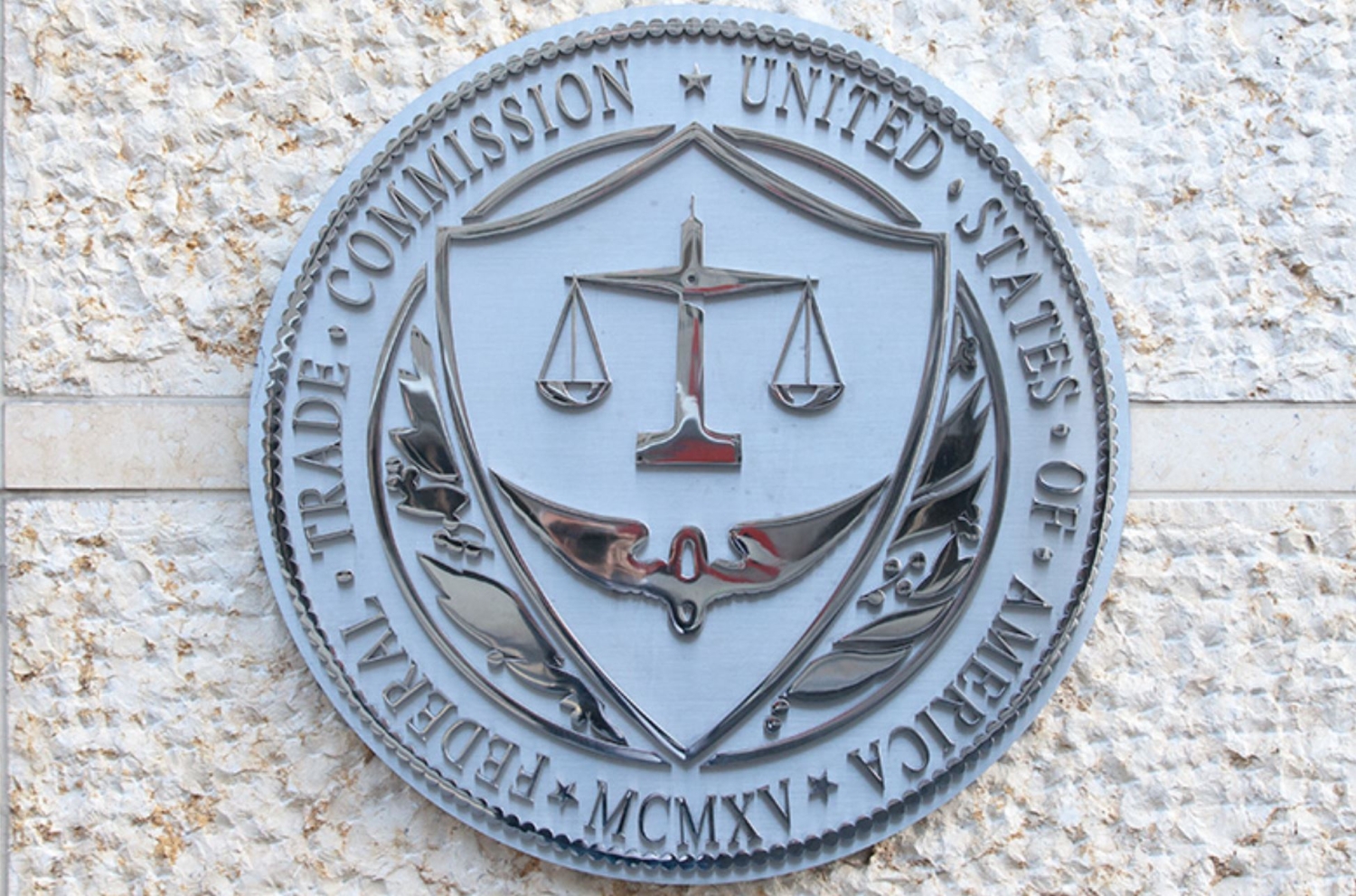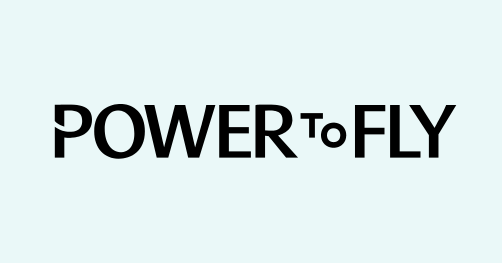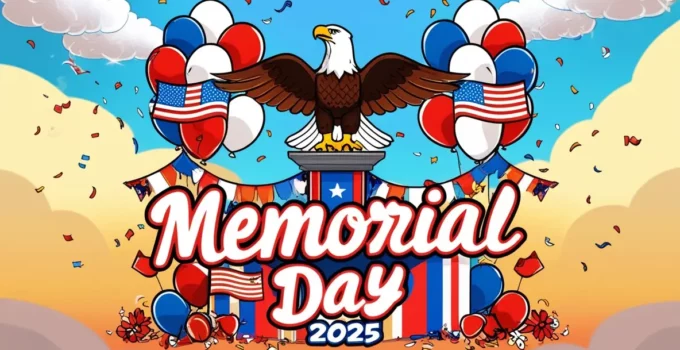FTC's Appeal Could Delay Or Block Microsoft-Activision Merger

Table of Contents
The FTC's Case Against the Merger
The FTC's primary concern centers around antitrust issues and the potential for the Microsoft-Activision merger to create a monopoly, stifling competition within the gaming industry. Their argument rests on several key pillars:
-
Market Dominance: The FTC argued that the merger would grant Microsoft undue market dominance, especially in the console gaming market. The acquisition of Activision Blizzard, a major player with franchises like Call of Duty, World of Warcraft, and Candy Crush, would significantly bolster Microsoft's already substantial market share.
-
Call of Duty Exclusivity: A central point of contention was the potential for Microsoft to make Call of Duty exclusive to its Xbox platform. This move, the FTC argued, would severely harm competitors like Sony's PlayStation, potentially driving players toward the Xbox ecosystem and disadvantaging PlayStation users. This concern highlights the critical role of Call of Duty in the gaming industry's competitive landscape.
-
Microsoft's Acquisition History: The FTC also pointed to Microsoft's history of acquiring game studios and integrating their titles into its Xbox Game Pass subscription service. This history, they argued, demonstrated a pattern of consolidating power within the gaming market and potentially limiting consumer choice. The antitrust concerns extend beyond this specific merger and address the broader implications of vertical mergers in the tech industry.
-
Competitive Harm: The overall argument was that the merger would result in significant competitive harm, reducing innovation, increasing prices, and ultimately limiting consumer choice in the gaming market. This resonates with broader antitrust concerns regarding mergers and acquisitions in highly concentrated markets.
The Judge's Ruling and the FTC's Appeal
A federal judge initially rejected the FTC's request for a preliminary injunction to block the merger, clearing the path for its completion. However, the FTC swiftly filed an appeal, arguing that the judge misconstrued critical aspects of their case.
-
Judge's Reasoning: The judge's decision largely hinged on the FTC's failure to demonstrate sufficient evidence of likely harm to competition. The judge acknowledged the potential for Microsoft to leverage its position but found the FTC's claims insufficient to justify a preliminary injunction.
-
FTC's Grounds for Appeal: The FTC's appeal focuses on challenging the judge's interpretation of the evidence, particularly regarding the potential for Call of Duty exclusivity and the broader anti-competitive effects of the merger. They argue that the judge underestimated the long-term impact on competition in the gaming market.
-
Appeal Timeline and Impact: The appeal process is expected to be lengthy and complex, potentially delaying the merger's closing date significantly. This uncertainty creates ripple effects throughout the gaming industry, impacting investment decisions, game development plans, and overall market stability.
-
Stages of the Appeal and Likelihood of Success: The appeal will move through various stages, including briefs, oral arguments, and ultimately a final decision. Predicting the outcome is challenging, as both sides present strong arguments. The success of either appeal hinges on the court's interpretation of antitrust law and the evidence presented.
Potential Outcomes and Implications
Several scenarios could unfold following the FTC's appeal:
-
Successful Appeal: If the appeal is successful, the merger could be blocked entirely or significantly delayed, pending further legal challenges and regulatory review. This outcome would have profound implications for Microsoft, Activision Blizzard, and the wider gaming landscape.
-
Unsuccessful Appeal: If the appeal fails, the merger is likely to proceed, albeit potentially with some concessions from Microsoft to address antitrust concerns. This could include commitments regarding Call of Duty availability on other platforms or other regulatory stipulations.
-
Settlement Negotiations: Before or during the appeal process, the possibility of a settlement between Microsoft, Activision Blizzard, and the FTC remains. This settlement could involve Microsoft agreeing to certain conditions to mitigate the FTC's concerns.
The impact on the gaming market will depend heavily on the final outcome. A blocked merger could maintain the competitive status quo, while a successful merger could lead to significant consolidation and changes in game distribution and pricing strategies. For gamers, the central concern is access to popular franchises like Call of Duty. The broader effects on the industry include shaping future mergers and acquisitions and influencing the strategies of other major players.
Impact on Game Developers and Publishers
The Microsoft-Activision merger has major implications for game developers and publishers, regardless of the FTC appeal's outcome.
-
Smaller Studios and Developers: The merger could create challenges for smaller, independent studios trying to compete with the resources of a merged entity. Access to distribution and marketing channels could become more difficult.
-
Publisher Agreements: The merger may lead to changes in publishing agreements and licensing deals, potentially impacting the terms and conditions for game developers.
-
Future Game Development: The merger's impact on innovation is uncertain. While it could bring more resources to game development, it could also lead to a decrease in competition and a less diverse range of games.
Conclusion
The FTC's appeal against the Microsoft-Activision merger presents significant uncertainty for both companies and the gaming landscape. The outcome will have major implications for competition, game development, and player access to popular titles. The appeal process could significantly delay or even prevent the merger from closing, illustrating the complexities of antitrust regulation in the rapidly evolving tech industry.
Call to Action: Stay informed about the ongoing developments in the Microsoft-Activision merger and the FTC's appeal. Follow our updates for the latest news and analysis on this landmark case and its potential impact on the future of the gaming industry. Keep checking back for further updates on the FTC's appeal and its effects on the Microsoft-Activision deal.

Featured Posts
-
 Europese Aandelen Vs Wall Street Doorzetting Van De Snelle Koerswijziging
May 24, 2025
Europese Aandelen Vs Wall Street Doorzetting Van De Snelle Koerswijziging
May 24, 2025 -
 Analysis Of Thames Waters Executive Bonus Scheme A Critical Examination
May 24, 2025
Analysis Of Thames Waters Executive Bonus Scheme A Critical Examination
May 24, 2025 -
 Mamma Mia The Hottest New Ferrari Hot Wheels Sets Unveiled
May 24, 2025
Mamma Mia The Hottest New Ferrari Hot Wheels Sets Unveiled
May 24, 2025 -
 Amsterdams Camunda Con 2025 How Orchestration Boosts Ai And Automation Investments
May 24, 2025
Amsterdams Camunda Con 2025 How Orchestration Boosts Ai And Automation Investments
May 24, 2025 -
 Best And Worst Days To Fly For Memorial Day Weekend 2025
May 24, 2025
Best And Worst Days To Fly For Memorial Day Weekend 2025
May 24, 2025
Latest Posts
-
 16 Mart Hangi Burc Burc Oezellikleri Ve Daha Fazlasi
May 24, 2025
16 Mart Hangi Burc Burc Oezellikleri Ve Daha Fazlasi
May 24, 2025 -
 Mayis Ayinda Ask Yasamaya En Hazir 3 Burc
May 24, 2025
Mayis Ayinda Ask Yasamaya En Hazir 3 Burc
May 24, 2025 -
 Mz
May 24, 2025
Mz
May 24, 2025 -
 High Cost Of Living Impacts Canadian Auto Theft Prevention Measures
May 24, 2025
High Cost Of Living Impacts Canadian Auto Theft Prevention Measures
May 24, 2025 -
 Londons Odd Burger A Canadian Vegan Food Expansion
May 24, 2025
Londons Odd Burger A Canadian Vegan Food Expansion
May 24, 2025
